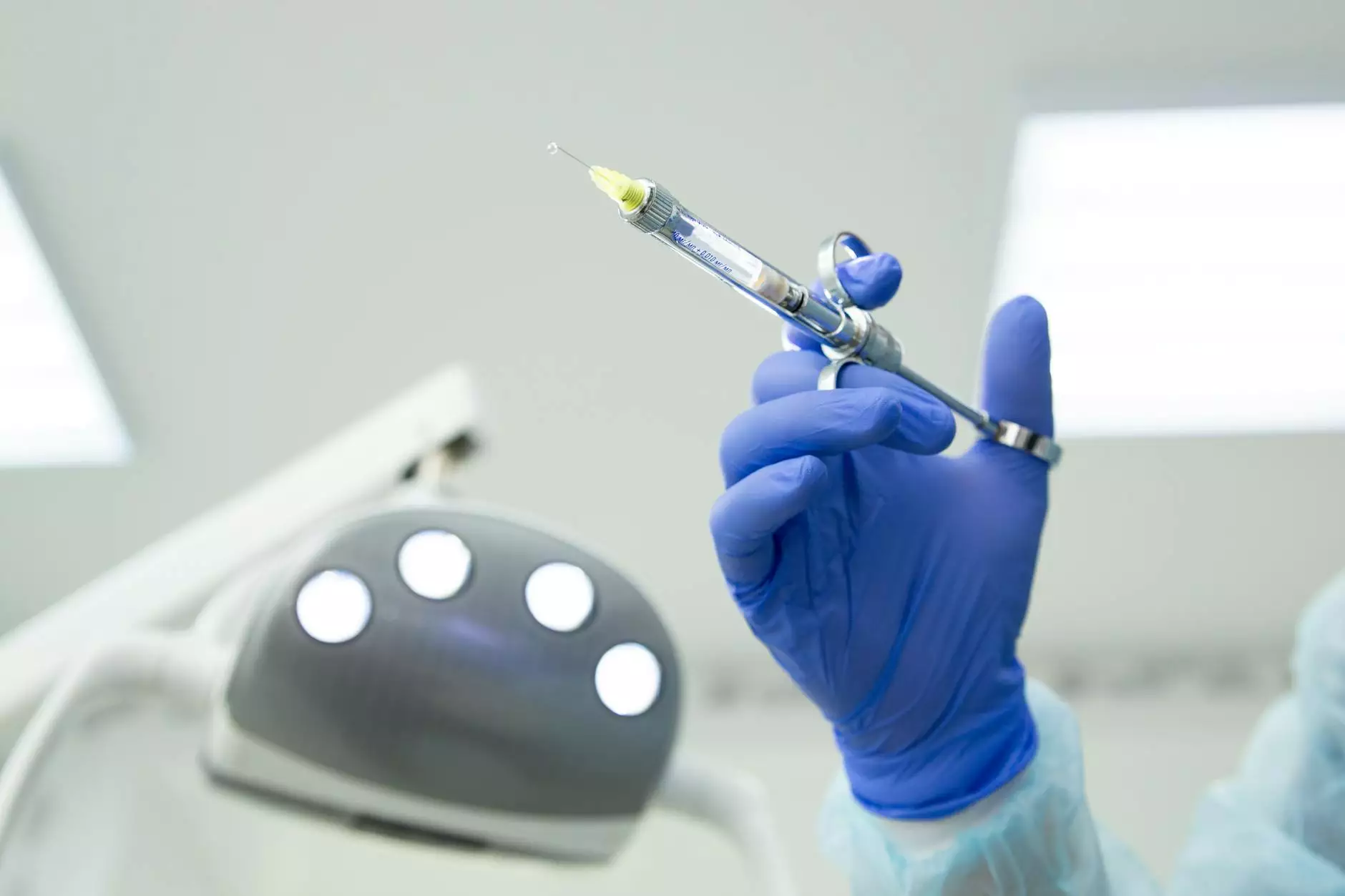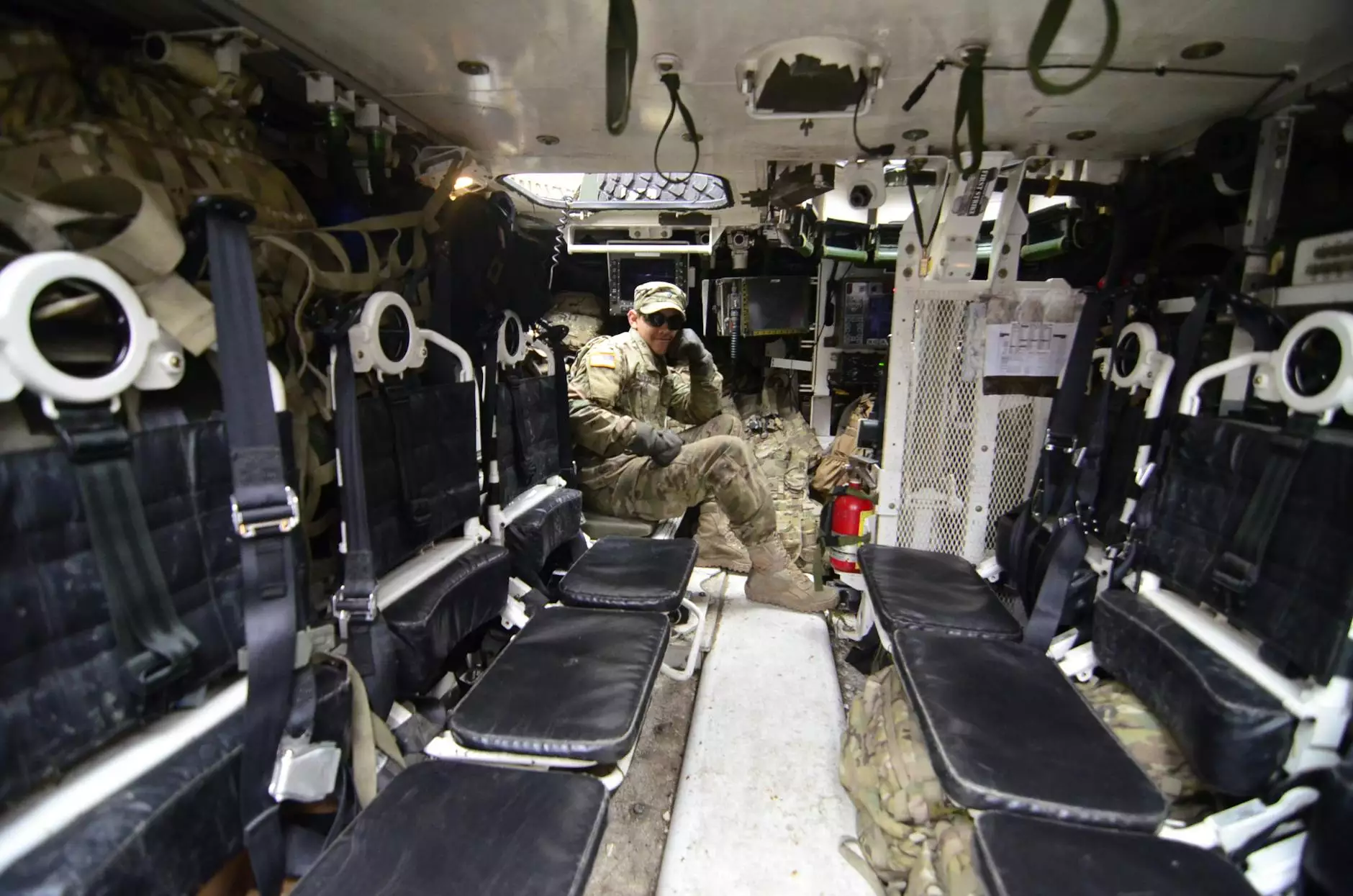Understanding the Role of a Thoracic Surgeon

In the realm of health and medical professions, few specialists hold the pivotal role that a thoracic surgeon does. This article aims to delve deep into the contributions of thoracic surgeons, particularly concerning their vital functions in maintaining respiratory health, facilitating sports medicine, and integrating with physical therapy practices.
The Essential Role of Thoracic Surgeons
A thoracic surgeon is a medical doctor who specializes in the surgical treatment of diseases affecting the thoracic organs, primarily the heart, lungs, and esophagus. Their expertise is not only confined to surgery but extends to comprehensive preoperative and postoperative care, which is crucial for patient recovery and overall well-being.
What Does a Thoracic Surgeon Do?
The responsibilities of a thoracic surgeon include, but are not limited to:
- Surgical Procedures: Performing operations on the chest organs, including procedures for lung cancer, heart disease, and severe injuries.
- Diagnosis: Using imaging and diagnostic tests to identify conditions affecting the thoracic cavity.
- Postoperative Care: Monitoring patients after surgery to ensure proper recovery and manage any complications.
- Collaborative Treatment Plans: Working with other healthcare providers, such as oncologists and pulmonologists, to create comprehensive treatment strategies.
Conditions Treated by Thoracic Surgeons
Thoracic surgeons are integral in diagnosing and treating a broad spectrum of conditions, including:
- Lung Cancer: Surgical interventions such as lobectomy, wedge resection, or pneumonectomy.
- Esophageal Diseases: Treatment for disorders like achalasia or esophageal cancer through esophagectomy.
- Heart Conditions: Including coronary artery disease and valve disorders, often performing coronary artery bypass grafting (CABG).
- Chest Wall Deformities: Correcting conditions such as pectus excavatum and pectus carinatum.
Advancements in Thoracic Surgery
The field of thoracic surgery has seen remarkable advancements over recent decades. Innovations such as minimally invasive surgery have transformed patient care, allowing for quicker recovery times and reduced postoperative discomfort. Techniques like video-assisted thoracoscopic surgery (VATS) have become standard practice, enabling complex procedures through small incisions.
Thoracic Surgeons in Sports Medicine
Sports medicine often intersects with the skills of a thoracic surgeon. Athletes may suffer from thoracic injuries or conditions leading to the necessity for surgical intervention. Common procedure intersections include:
- Pneumothorax Treatment: Surgical options may be required when an athlete suffers a collapsed lung.
- Chest Wall Injuries: Surgeries can address complications resulting from trauma.
Thoracic surgeons play a vital role in the rehabilitation process, working closely with physical therapists to craft tailored recovery plans that align with the athlete's goals.
Integrating Physical Therapy with Thoracic Surgery
The integration of physical therapy into the care plans of patients post-thoracic surgery greatly enhances recovery. Physical therapists aid in:
- Strengthening Exercises: Helping patients regain lung capacity and overall strength.
- Breathing Techniques: Education on proper breathing to alleviate discomfort and promote healing.
- Functional Rehabilitation: Aiding patients in returning to daily activities and sports gradually and safely.
The Importance of Early Detection and Prevention
Early detection of thoracic conditions is critical for successful treatment. Regular screenings and awareness of symptoms (like persistent cough, chest pains, or unexplained weight loss) can lead to timely interventions by a thoracic surgeon. Preventative measures, including smoking cessation programs and lifestyle changes, are also essential. Thoracic surgeons often partner with primary care providers to promote health education aimed at lowering the risk of thoracic diseases.
How to Choose the Right Thoracic Surgeon
Selecting a thoracic surgeon can be daunting. Here are essential factors to consider:
- Certification: Ensure that the surgeon is board-certified in thoracic surgery.
- Experience: Look for a surgeon with extensive experience in the specific procedure you require.
- Hospital Affiliation: Research the quality of the hospital where the surgeon practices.
- Patient Reviews: Read feedback from other patients to gauge the surgeon's bedside manner and success rates.
Conclusion
The role of a thoracic surgeon is indispensable in the landscape of modern medicine. Their expertise not only saves lives but also enhances the quality of life for patients, especially in sporting ecosystems and those undergoing rehabilitation. As techniques and technologies evolve, the collaboration between thoracic surgeons, primary care providers, and physical therapists becomes even more crucial, ensuring holistic care for individuals facing thoracic conditions.
For more information on thoracic surgery and the journey of recovery, contact us at Hello Physio. Your health is our priority, and we are committed to guiding you through every step of your treatment and rehabilitation process.









